Researchers at the Australian National University have warned that Antarctica's collapse may already be unstoppable, citing abrupt changes to the continent's ice, oceans, and ecosystems. The scientists, who published their findings on November 6, 2025, stated that melting ice, collapsing ice shelves, and disrupted ocean circulation threaten sea levels, ecosystems, and climate stability, posing significant risks to coastal cities and wildlife.
According to the researchers, the destabilization of Antarctica's ice and ecosystems is occurring faster than expected, with severe consequences for the continent and the planet. "We're seeing a cascade of irreversible changes that could have serious effects on global climate stability," said Dr. Maria Rodriguez, lead researcher on the project. "The only way to stop this is through rapid emission reductions, but it's a daunting task given the current pace of global carbon emissions."
The researchers pointed out that the collapse of Antarctica's ice shelves could lead to a significant increase in sea levels, posing a threat to coastal cities and low-lying areas around the world. "The consequences of this would be catastrophic, with millions of people displaced and entire ecosystems destroyed," said Dr. John Taylor, a climate scientist at the University of Melbourne.
The warning comes as the international community is grappling with the challenges of climate change. The Paris Agreement, signed in 2015, aims to limit global warming to well below 2 degrees Celsius above pre-industrial levels and pursue efforts to limit it to 1.5 degrees Celsius. However, the current pace of global carbon emissions suggests that the target may be out of reach.
The collapse of Antarctica's ice and ecosystems is not just a local issue, but a global one. The continent plays a critical role in regulating the Earth's climate, and its destabilization could have far-reaching consequences for the planet. "The loss of Antarctica's ice and ecosystems would be a disaster for the planet, and it's essential that we take immediate action to prevent it," said Dr. Rodriguez.
The researchers are calling for urgent action to reduce global carbon emissions and prevent the collapse of Antarctica's ice and ecosystems. "We need to see a significant reduction in emissions, not just in the next decade, but in the next five years," said Dr. Taylor. "It's a daunting task, but it's the only way to prevent a global catastrophe."
The Australian National University researchers are set to present their findings at an international conference on climate change in December 2025, where they will discuss the implications of their research and the need for urgent action to prevent the collapse of Antarctica's ice and ecosystems.
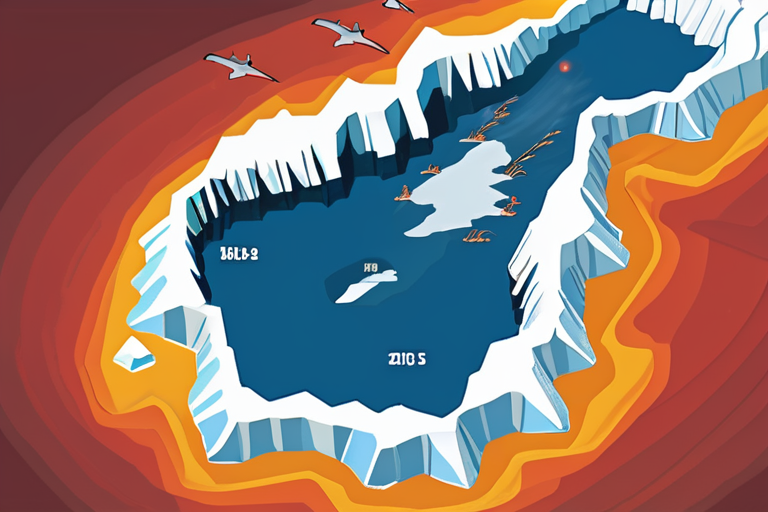


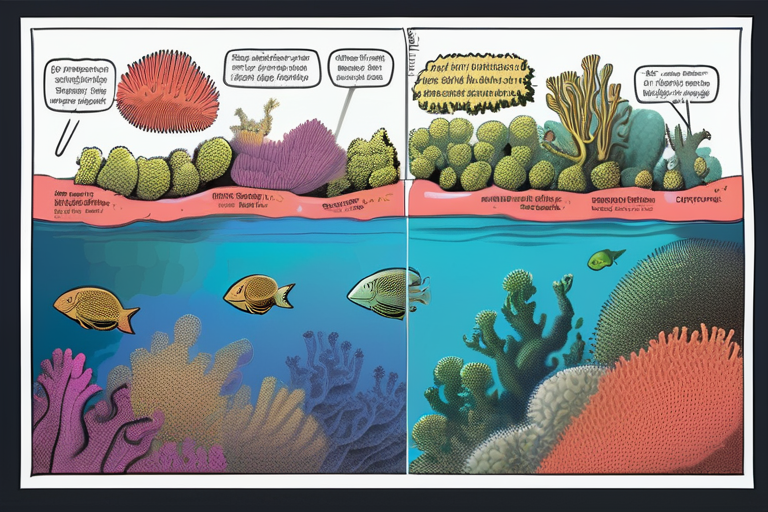
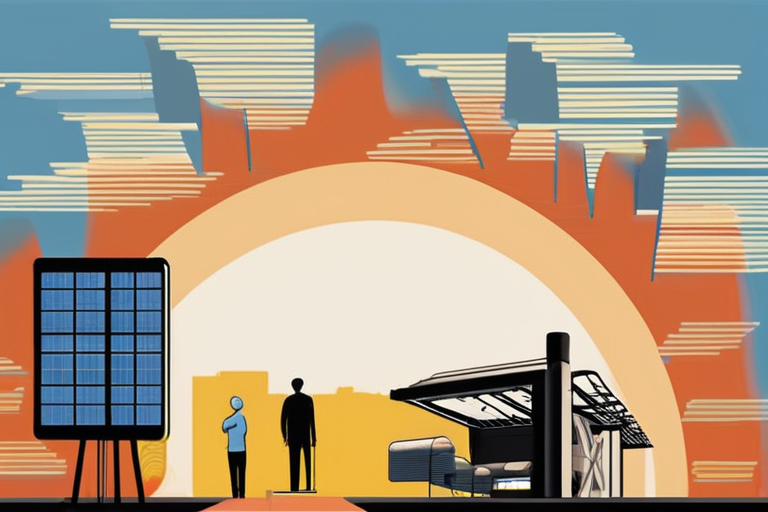




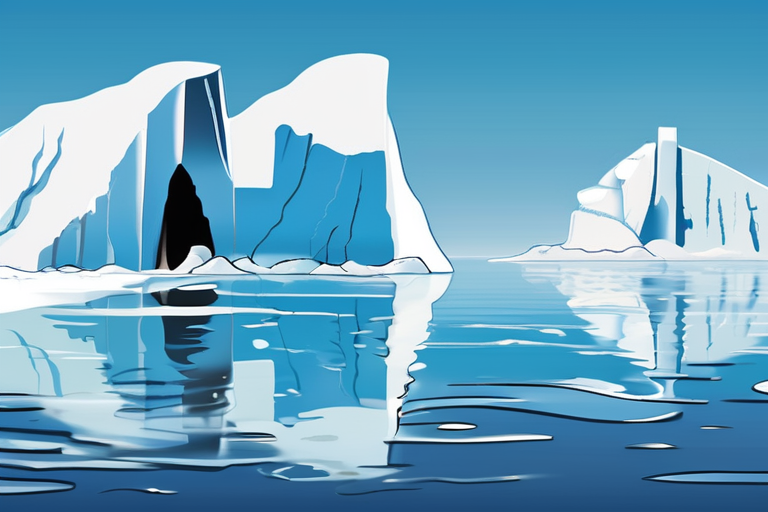

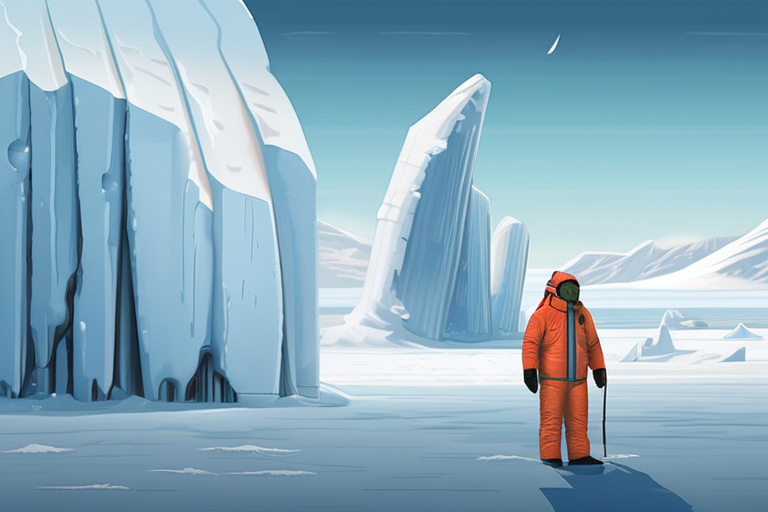


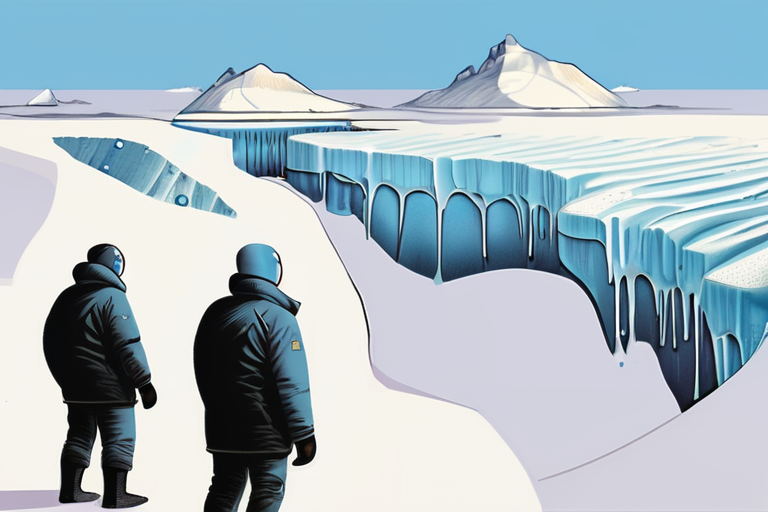

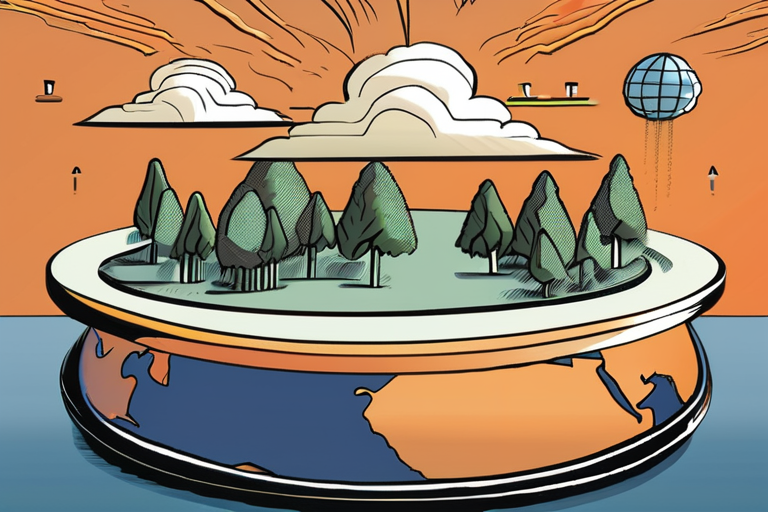

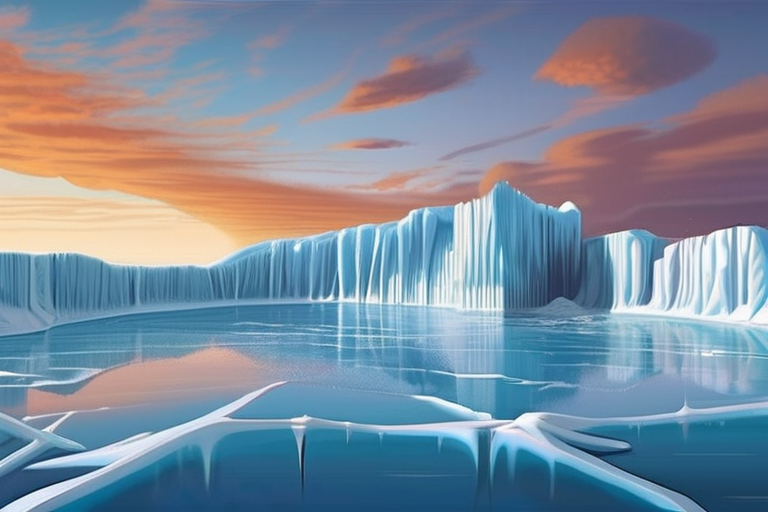



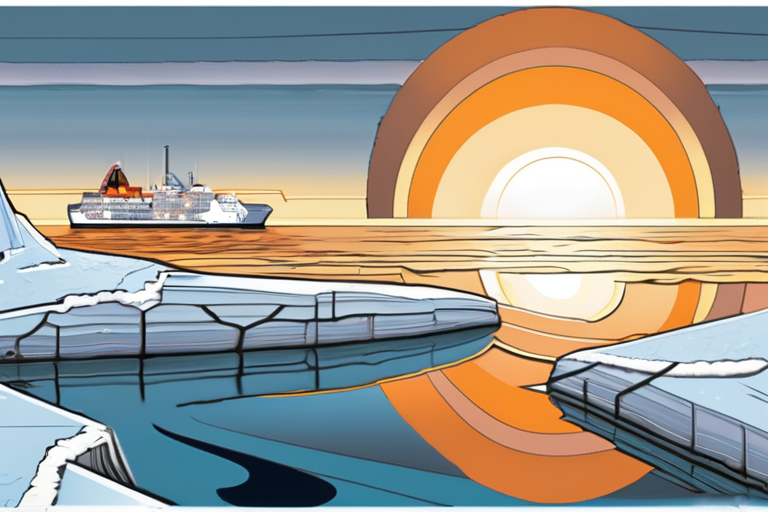


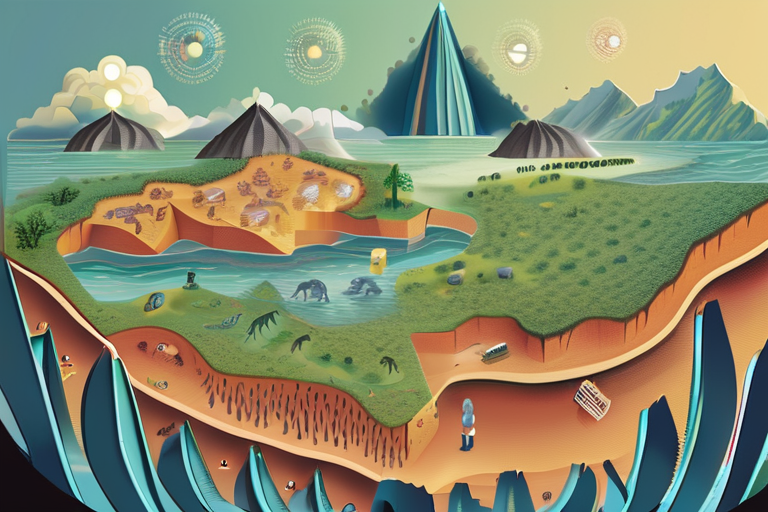
Share & Engage Share
Share this article